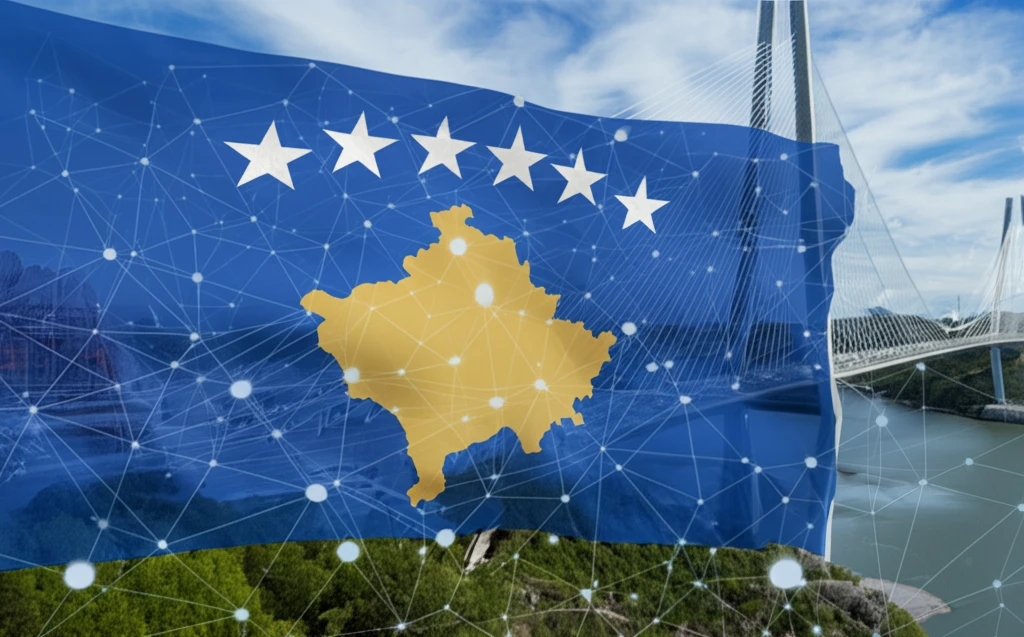
Balkan Diplomacy: How Regional Organizations Shape Kosovo's Future
"Explore the pivotal role of international and regional bodies in Kosovo's development and democratization process."
In today's interconnected world, international and regional organizations play a crucial role in shaping the destinies of nations, particularly those navigating complex political landscapes. Kosovo, a relatively new state in the Balkans, exemplifies this dynamic. Since declaring its independence on February 17, 2008, Kosovo has actively sought integration into the international community, relying heavily on the support and frameworks provided by various global and regional bodies.
Understanding the historical context of international organizations is essential to appreciating their modern-day influence. From the ancient Convention of Kadesh to the more recent Congress of Vienna, these entities have evolved to address conflicts, foster cooperation, and promote shared values among nations. Today, they serve as vital platforms for diplomacy, economic development, and the advancement of democratic principles.
This article examines the significant impact of international and regional organizations on Kosovo, detailing their involvement in its development, democratization, and integration into the broader Balkan region. We will explore the range of organizations, their functions, challenges, and the overall importance of international cooperation in shaping Kosovo's future.
The Rise of International Organizations: A Brief History

International organizations have a rich history, evolving from early efforts to maintain peace and foster cooperation to the complex networks we see today. Key milestones include:
- Middle Ages: The concept of Pax Romana and the establishment of a Christian Empire sought to unify Western countries. The Hanseatic League emerged as a network for trade connections.
- Modern Era (18th Century): The Congress of Vienna in 1815 marked a significant step in international law. This era saw the rise of non-governmental organizations like the YMCA and the formation of unions for telegraph and postal services.
- 20th Century: The League of Nations was formed to promote international cooperation and prevent future conflicts. After World War II, the United Nations (UN) and numerous regional organizations like NATO, the Council of Europe, and the European Economic Area (EEA) were established.
Kosovo's Future in the Global Arena
Kosovo's journey to international integration is ongoing, with membership in key organizations offering pathways to stability, economic development, and recognition. As Kosovo continues to navigate its role in the Balkans and the broader international community, the support and frameworks provided by these organizations will remain crucial. Prioritizing memberships that offer direct benefits and aligning with organizations focused on economic growth and stability will be vital for Kosovo's future success.
